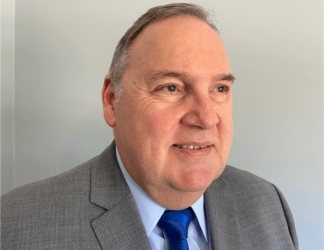- Immigration
Immigration
[im-mi-gra-tion]
noun
1. The process of coming to live permanetly in a different country from the one you were born in; the number of people who do this - wills & probate
Wills & Probate
[ wil ]
noun
1. a legal declaration of a person’s wishes regarding the disposal of his or her property or estate after death[ proh-beyt ]
noun
1. Law. the official proving of a will as authentic or valid in a probate court.
2. an officially certified copy of a will so proved. - Mediation
Mediation
[mee-dee-ey-shuhn ]
noun
1. action in mediating between parties, as to effect an agreement or reconciliation.
2. International Law. an attempt to effect a peaceful settlement between disputing nations through the friendly good offices of another power. - Bespoke Training
Training
[trey-ning ]
noun
1. the education, instruction, or discipline of a person or thing that is being trained - About Us
- Immigration
Immigration
[im-mi-gra-tion]
noun
1. The process of coming to live permanetly in a different country from the one you were born in; the number of people who do this - wills & probate
Wills & Probate
[ wil ]
noun
1. a legal declaration of a person’s wishes regarding the disposal of his or her property or estate after death[ proh-beyt ]
noun
1. Law. the official proving of a will as authentic or valid in a probate court.
2. an officially certified copy of a will so proved. - Mediation
Mediation
[mee-dee-ey-shuhn ]
noun
1. action in mediating between parties, as to effect an agreement or reconciliation.
2. International Law. an attempt to effect a peaceful settlement between disputing nations through the friendly good offices of another power. - Bespoke Training
Training
[trey-ning ]
noun
1. the education, instruction, or discipline of a person or thing that is being trained - About Us


